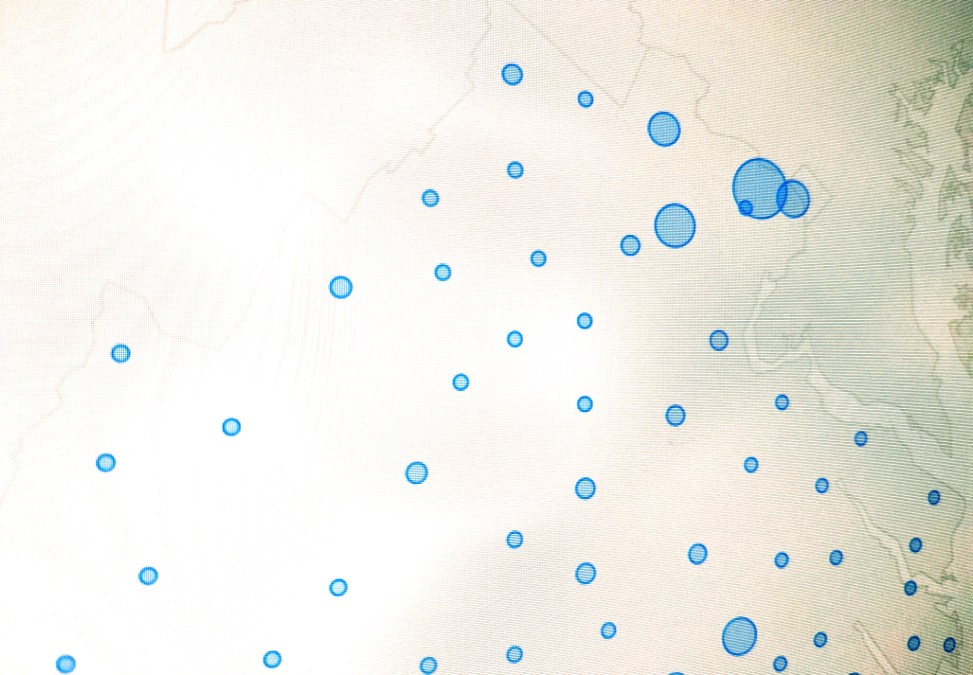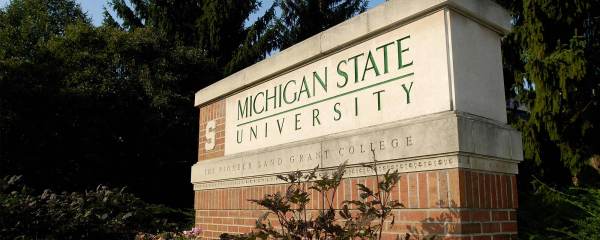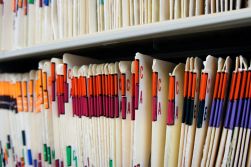Universities modeling coronavirus impact using state data

A new partnership between Texas A&M University and the Texas Department of State Health Services will enable university researchers greater access to state data to predict the impact of the coronavirus pandemic.
The modeling effort started in February before it was announced this week. Researchers can now add statewide data to their predictive models that compares state’s population and demographics with Washington state and Wuhan, China, where the new coronavirus originated.
The predictions to come out of the university had centered around impacts to the state’s health care system, economy and other sectors. Now, with the addition of the state’s data, the team developing the model will examine the need for ventilators and personal protective equipment, the impact of strict social distancing guidelines, and potential case numbers.
The team developing the model consists of faculty members from the university’s epidemiology, emergency management, public service, health policy, biology, economics and mathematics departments. Under the new partnership between the university and state, the team is also working with state government departments, including the Division of Emergency Management.
“The state is going to look at models from universities, particularly the A&M model,” Greg Hartman, vice chancellor for strategic initiatives for the Texas A&M University system said in an announcement. “You have this interesting group of people who’ve come together with a lot of different backgrounds, which I think is helping to inform the model. It’s really a credit to Texas A&M that we have this variety of experts who’ve come together quickly to work on sophisticated models and provide this information to the state of Texas.”
Similar partnerships can be found in other states, such as in Virginia where Gov. Ralph Northam on Tuesday announced a partnership with the University of Virginia’s Biocomplexity Institute and the RAND Corporation to develop new infectious disease modeling. Researchers in Virginia are seeking to understand how social distancing measures initiated on March 15 have affected COVID-19’s spread.
According to Virginia officials, social distancing appears to have paused growth of the epidemic there and that hospital bed capacity is expected to be sufficient, though the commonwealth also warned that lifting distancing restrictions too soon could quickly lead to a second wave of the disease.




